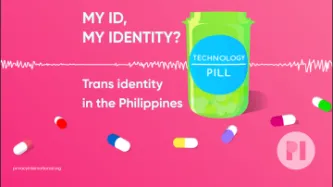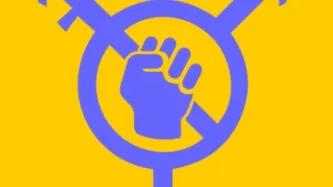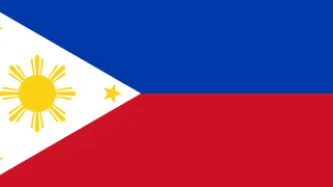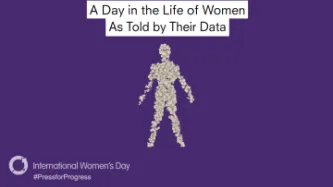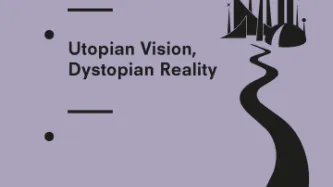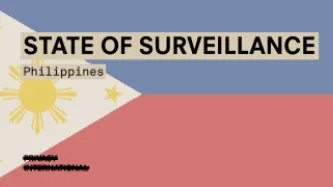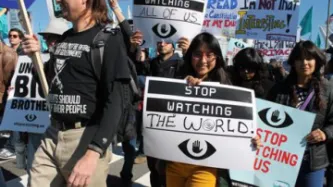Search
Content type: Video
Links:
Our report in English
Our report in Spanish
You can listen and subscribe to the podcast where ever you normally find your podcasts:
Spotify
Apple podcasts
Google podcasts
Castbox
Overcast
Pocket Casts
Peertube
Youtube
Stitcher
And more...
Content type: Examples
Our partners from the Foundation for Media Alternatives in Philippines reported different ways in which the COVID-19 is impacting public health and privacy rights.
Link: https://www.fma.ph/2020/03/15/public-health-and-privacy-amid-covid-19-the-fma-digital-rights-report/
Content type: Examples
Filipino officials are subjecting people caught breaking lockdown rules to humiliating and abusive punishments such as locking them in cramped dog cages or forcing them to sit outside in the midday sun, similar to tactics in China, where authorities have been filmed tying violators to pillars and berating them, and India, where footage has shown police beating alleged violators while forcing them to do push-ups in the street. Among reported incidents, a local official in Santa Cruz,…
Content type: Examples
Filipino president Rodrigo Duterte has exempted survey teams and National ID system registrars from lockdown rules on the basis that they are essential to providing cash distributions and other government responses intended to soften the impact of the community quarantine. Duterte argued that the acknowledged delays to the government's programme to assist low-income families derived from discrepancies in the lists of beneficiaries caused by relying on the 2015 census and that the implementation…
Content type: Long Read
Content type: Long Read
For International Women’s Day 2019, Privacy International looks at some of the key themes around the intersection of gender rights and the right to privacy and we review the work we and our partners have done on those topics.
When dealing with cases of non-consensual sharing of intimate images, often known as ‘revenge porn,’ or doxxing, where a person’s personal details are shared publicly, the link between privacy and online-gender-based violence is very clear. Privacy…
Content type: News & Analysis
Creative Commons Photo Credit: Source
In this first episode of the Gender and Privacy Series, we go to Manila in the Philippines to meet two transgender right activists - Naomi Fontanos and AR Arcon. We discuss what the right to privacy means to them and their fight against the government's plan to deploy an ID card system.
Listen to the podcast here.
Content type: Long Read
The Privacy International Network is celebrating Data Privacy Week, where we’ll be talking about how trends in surveillance and data exploitation are increasingly affecting our right to privacy. Join the conversation on Twitter using #dataprivacyweek.
It is often communities who are already the most marginalised who are at risk because of the privacy invasions of data-intensive systems. Across the globe, we see the dangers of identity systems; the harms of online violence against women and the…
Content type: State of Privacy
Table of contents
Introduction
Right to Privacy
Communication Surveillance
Data Protection
Identification Schemes
Policies and Sectoral Initiatives
Introduction
Acknowledgement
The State of Privacy in the Philippines is the result of an ongoing collaboration by Privacy International and Foundation for Media Alternatives.
Key privacy facts
1. Constitutional privacy protection: The constitution contains an explicit protection of the right to privacy (Art. III, section 3).
2.…
Content type: Examples
For many Filipinos, Facebook is their only way online because subsidies have kept it free to use on mobile phones since its launch in the country in 2013, while the open web is expensive to access. The social media network is believed to have been an important engine behind the ascent to the presidency of Rodrigo Duterte. Beginning in 2016, faked photographs and videos spread alongside false news targeting Senator Leila de Lima, a noted critic of Duterte and his violent war on drugs, and others…
Content type: Examples
In March 2016, a hacker group identifying itself as Anonymous Philippines defaced the website of the Philippine Commission on the Elections (Comelec), leaving a message that accused Comelec of not doing enough to secure the voting machines due to be used in the general election the following month. That same day, LulzSec Piliphinas, a different but related hacker group, posted online a link to a 338GB database it claimed was the entire electoral register of 54.36 million Filipinos. Trend Micro…
Content type: Long Read
To mark International Women’s Day 2018, Privacy International and some of our partner organisations - Datos Protegidos, Derechos Digitales, the National Coalition for Human Rights Defenders-Kenya, the Karisma Foundation, and the Foundation for Media Alternatives – are telling the stories of women across the world as told by their data over the next seven days (for us, it’s International Women’s Week!).
Gender inequality has many complex dimensions and data exploitation is yet another.…
Content type: News & Analysis
Written by the Foundation for Media Alternatives
7:01: Naomi wakes up and gets ready for the day.
7:58: Naomi books an Uber ride to Bonifacio Global City (BGC), where she has a meeting. She pays with her credit card. While Naomi is waiting for her Uber, she googles restaurant options for her dinner meeting in Ortigas.
9:00: While her Uber ride is stuck in traffic on EDSA (a limited access highway circling Manilla), Naomi’s phone automatically connects to the free WiFi offered by the…
Content type: Report
The smart city market is booming. National and local governments all over the world expect their cities to become more efficient, more sustainable, cleaner and safer by integrating technology, increasing data generation and centralising data to provide better services. From large multinationals to small start-ups, companies want their slice of the multi-billion dollars per year pie of municipal budgets and long-term government contracts.
But do smart cities even exist? And are our cities…
Content type: News & Analysis
The National Privacy Commission has had to firefight a huge leak of voter data in Philippines just one month before the elections
Raymund Liboro, the Philippines’ National Privacy Commissioner, has had a tough few weeks. Barely has his office even existed -- he was appointed in March -- than it is having to firefight what is being reported as the country’s most massive data breach to date. On 27 March, a hacker broke in to the national Commission on Elections (Comelec)’s…
Content type: Long Read
This guest piece was written by Jessamine Pacis of the Foundation for Media Alternatives. It does not necessarily reflect the views or position of Privacy International.
Introduction
With a history immersed in years of colonialism and tainted by martial law, Philippine society is no stranger to surveillance. Even now, tales of past regimes tracking their citizens’ every move find their way into people’s everyday conversations. This, for the most part, has kept Filipinos…
Content type: News & Analysis
Photo: Flickr/Elvert Barnes. Some rights reserved.
In the wider civil society space, the opportunities for travel come thick and fast. From the multi-stakeholder perspective, the Internet Governance Forum will be held during November in João Pessoa, Brazil. There is the Stockholm Internet Forum in, naturally, Stockholm. In freedom of expression there is the International Freedom of Expression Exchange Strategy Conference in Trinidad & Tobago, while End…
Content type: News & Analysis
All across the U.S. on 4 July, thousands of Americans gathered at Restore the Fourth rallies, in support of restoring the Fourth Amendment of the U.S. Constitution and to protest the recently-disclosed information regarding NSA spying on American citizens. Demonstrations took place in over 100 cities, calling on the U.S. government to respect the privacy rights of citizens in America and individuals around the world.
With all this talk of constitutional …
